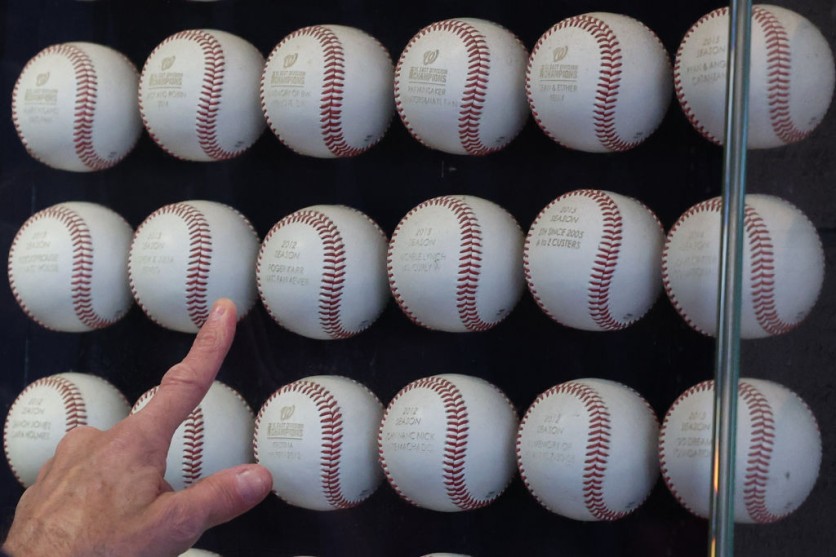Artificial intelligence (AI) has the potential to revolutionize the field of baseball by taking quantitative analytics to new heights.
A recent study conducted at the McKelvey School of Engineering at Washington University in St. Louis has proposed an innovative approach that could significantly enhance the performance of average and below-average major league pitchers.

AI on Baseball
Yevgeniy Vorobeychik, an associate professor of computer science and engineering, spearheaded the research. By employing a combination of a stochastic game model and deep neural network learning techniques, the team aimed to compute optimal pitching sequences in a baseball at-bat.
Vorobeychik explained that their methodology involved training deep neural networks to predict pitch outcomes when a batter swings. They then modeled an at-bat as a stochastic game, using value iteration and linear programming to solve it effectively.
Researchers focused on data from the 2015-18 Major League Baseball seasons to validate their approach. Their analysis led to the discovery of a method that improved the effectiveness of average and below-average pitchers.
The study revealed several key findings that shed light on the potential of AI in baseball. One of the main findings was the development of a dynamic game-theoretic model. This model took into consideration various factors, including a pitcher's repertoire, control, and a batter's patience, to generate an optimal pitching sequence strategy for each at-bat.
By integrating comprehensive player and game data, such as historical performance and pitch tracking, the researchers were able to create a framework capable of generating personalized pitching strategies tailored to individual pitchers and specific batters.
The researchers evaluated the impact of the optimized pitching strategies by analyzing performance data. By comparing the strategies with the actual pitching outcomes, the study revealed a notable decrease in the batter's on-base percentage, especially among lower-ranked pitchers.
These results suggest that AI has the ability to equalize opportunities and enable less experienced or skilled pitchers to enhance their performance through optimized pitch sequencing.
Valuable Tool for Major League Pitchers
Vorobeychik believes that the model could be a valuable tool for major league pitchers in a game setting. However, he acknowledges that further work is required to refine and enhance the model's capabilities.
For instance, the assumption of independent at-bats needs to be addressed since real-life scenarios are more complex. The team is actively working on this aspect to improve the model's accuracy and applicability.
AI's integration in baseball can potentially transform the sport beyond pitching strategies. AI algorithms can analyze vast amounts of data to provide valuable insights into player performance, team tactics, and match predictions.
Coaches and players may one day leverage this information to make informed decisions, optimize training methods, and refine team strategies.
"What distinguishes those who are great from those who are merely good is, in part, how they use their arsenal in a game setting, for particular batters. Formally solving this as a game may enable pitchers with less experience or ability to figure out the best pitch sequencing and to better utilize their stuff," Vorobeychik said in a statement.
Related Article : New Baseball Pitching Machines Now Helping MLB Pros; What You Must Know About Trajekt Arc and Rapsodo PRO 3.0

ⓒ 2025 TECHTIMES.com All rights reserved. Do not reproduce without permission.




